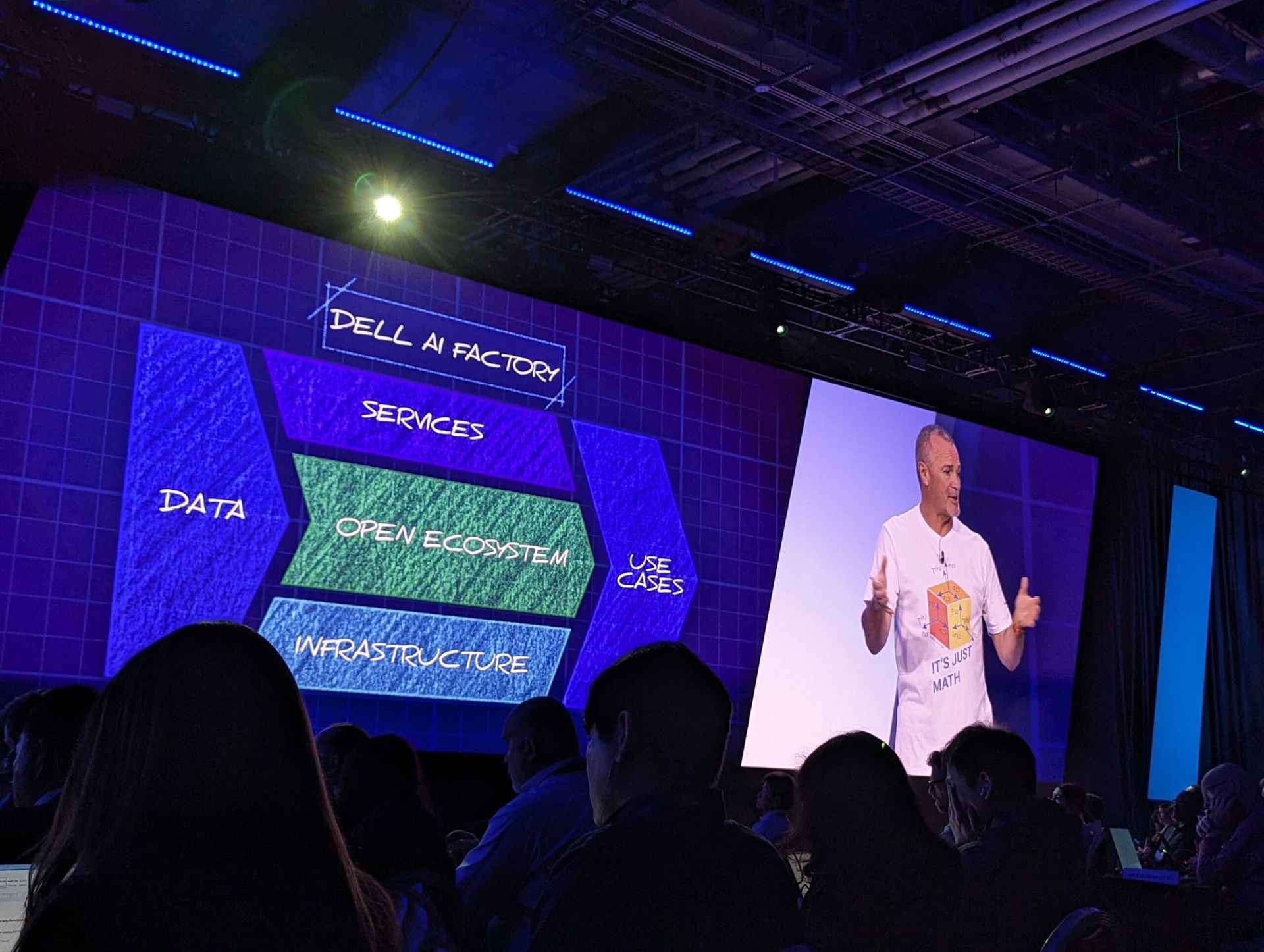Former Microsoft CEO Bill Gates wanted to put a computer on every desk and in every home. These days, initial sales and deployment goals for the Microsoft Surface Hub appear far more targeted.
Surface Hub, launched in early 2016, is a massive wall-mounted tablet. It features either an 84-inch or 55-inch screen. Overall, Surface Hub is built for collaboration, Microsoft points out in this video:
Video linkNine months since Surface Hub's launch, Microsoft has shipped the big screen computer to more than 2,000 customers. The average deal size in Microsoft's pipeline is roughly 50 units, according to statistics that Microsoft shared today. Quick math suggests the installed base could quickly grow to about 100,000 units. That's not massive -- but it's a start, especially for a highly targeted high-end offering.
Microsoft Surface Hub Channel Partners
Moreover, Microsoft says the Surface Hub partner ecosystem, including VARs, is ramping up accordingly.

"We’ve ramped up Surface Hub production and it’s available for customers worldwide," wrote Brian Hall, corporate VP for Microsoft Devices Marketing, in a blog today. "Resellers worldwide have units. To help meet the demand for Surface Hub, and to provide a great experience for customers, we’re adding more value-added partners who will resell Surface and provide 5-star service to our customers."
Among the latest twists: A Surface Hub "Try and Buy" program. A select set of resellers will be able to provide customers with Hubs for 30 days before the committing to purchasing a large set of devices, Hall indicated. The program will launch in the U.S. and European markets this Winter, with Asia Pacific support at a later date.
What's unknown? Do customers have to indicate a threshold Hub adoption number -- say, 50 units? -- before earning the right to test a Hub for free? Hmmm...
Microsoft Surface Hub Pricing
The Surface Hub costs about $8,999 for the 55-inch version, and the 84-inch version costs about $21,999. I don't know what type of profit margins distributors and VARs can earn. But no doubt, most of the partner profit opportunity involves deployment and application services, training and ongoing managed services for the devices.
Either way, Surface Hub shows Microsoft's maturity in the hardware market. When the original Surface tablet PCs shipped, Microsoft didn't really have a channel partner strategy in place. It was as if Microsoft saw the hardware market as a direct sales plays -- with little to no room for the SMB resellers upon which Microsoft had originally built its business. Microsoft gradually built out a partner program for Surface tablet PCs in recent years.
Fast forward to present day. I don't know how big the Surface Hub market opportunity will be for partners. But at least Microsoft's latest Surface journey involves channel partners from the very start.




